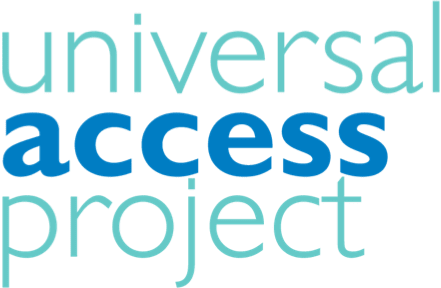Universal Access Project Statement on the Reinstatement of the Global Gag Rule
The Universal Access Project’s Executive Director Dilly Severin today issued the following statement on the reinstatement of the global gag rule. The policy prohibits foreign non-governmental organizations from receiving any U.S. global health assistance if they provide information, referrals, or services for legal abortion or lobby for abortion, even with their own, non-U.S. funds – as existing U.S. law already prohibits the use of U.S. foreign assistance to pay for abortion information and services. Severin said:
“The reinstatement of the global gag rule undermines global health progress and puts access to essential care further out of reach – putting millions of lives at risk with disproportionate impacts on people who are already marginalized.
“Whenever the policy has been enacted since its inception in 1984, health care clinics in many countries have been forced to close and outreach services for the hardest to reach populations have been eliminated, leading to decreased access to contraception, increased unintended pregnancies, and increased abortion, while enacting a chilling effect that stifles progress on health, human rights, and autonomy.
“In reinstating the expanded version of the policy to impact all of global health assistance – first implemented in 2017 – the U.S. has dealt an even more devastating blow to decades of progress and leadership on global health and to the health and rights of people in some of the world’s most vulnerable environments.
“This is not, and has never been, ‘just’ about abortion. The U.S. is the largest source of foreign aid and global health funder. The global gag rule jeopardizes funding for organizations that rely on it to provide a broad range of services – from maternal and newborn/child health, HIV/AIDS, malaria and tuberculosis, access to voluntary family planning and contraception services, infectious disease, humanitarian aid, and more.
“In seeking to dictate how foreign non-governmental organizations use even non-U.S. sources of funding, it also puts countless of the most effective and reputable global health organizations at risk. What this means in reality is organizations having to choose between accepting U.S. funding and providing comprehensive lifesaving care to patients and communities.
“Leadership on global health and human rights is needed now more than ever, and instead of stepping up to the plate, the U.S. is stepping back. Now is the time to build on progress, not reverse it. The Universal Access Project and its partners stand ready to work alongside champions in Congress and beyond to ensure health and human rights for all.”

